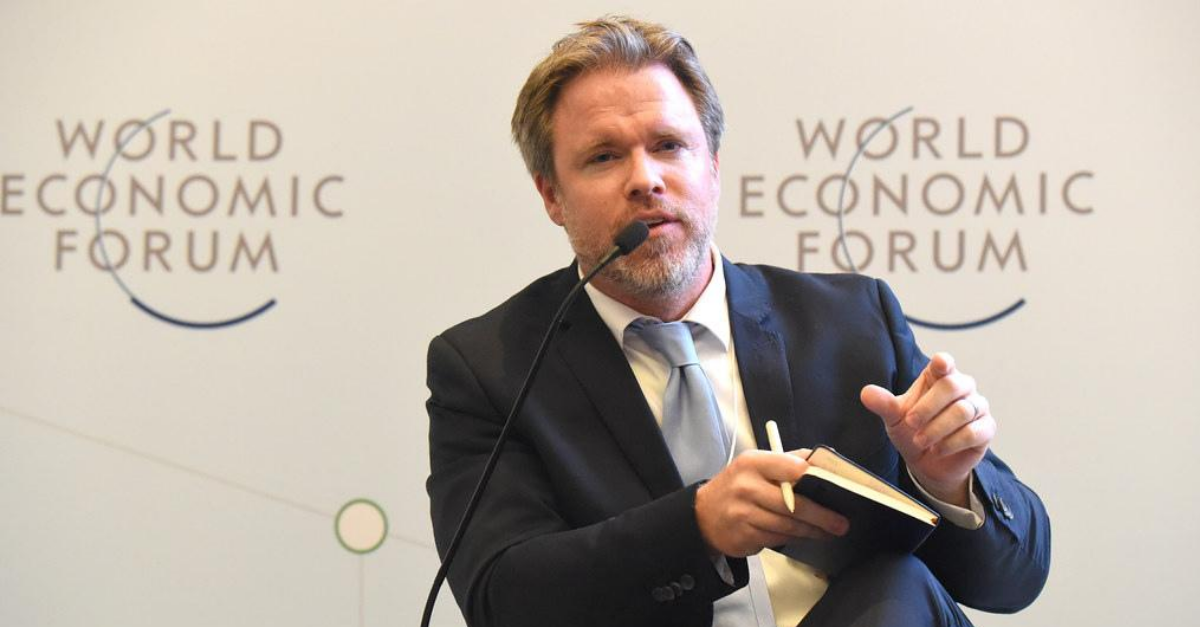COVID-19 is increasing multiple kinds of inequality. Here’s what we can do about it
By Robert Muggah and Ian Goldin
Published in the World Economic Forum
Around the world, responses to the first and second waves of the COVID-19 pandemic are understandably focused on reducing infections and fatalities. There are also redoubled efforts to avoid the negative economic consequences of the outbreak, especially in relation to jobs, productivity and growth. But the pandemic is an economic wrecking ball, with intergenerational consequences. Global growth has plummeted. Furthermore, poverty levels are increasing and inequality is accelerating between and within countries. Surging inequality is dangerous, with knock-on effects on everything from rising crime to reactionary nationalism.
There are at least four ways the COVID-19 pandemic is increasing inequality:
First, higher-paid workers are working from home while lower-paid blue-collar workers typically do not have this option.
Second, a higher share of low-paid workers are in essential services such as nursing, policing, teaching, cleaning, refuse removal, and store attendants where they are more likely to come into contact with people who are infected.
Third, lower paid workers are more represented in the sectors that have suspended activities such as hotels, restaurants and tourism services.
Fourth, the pandemic is increasing poverty and inequality between richer countries that can afford to bail out their firms and provide social safety nets, and poorer countries that do not have the capacity to do so.
Read the article



